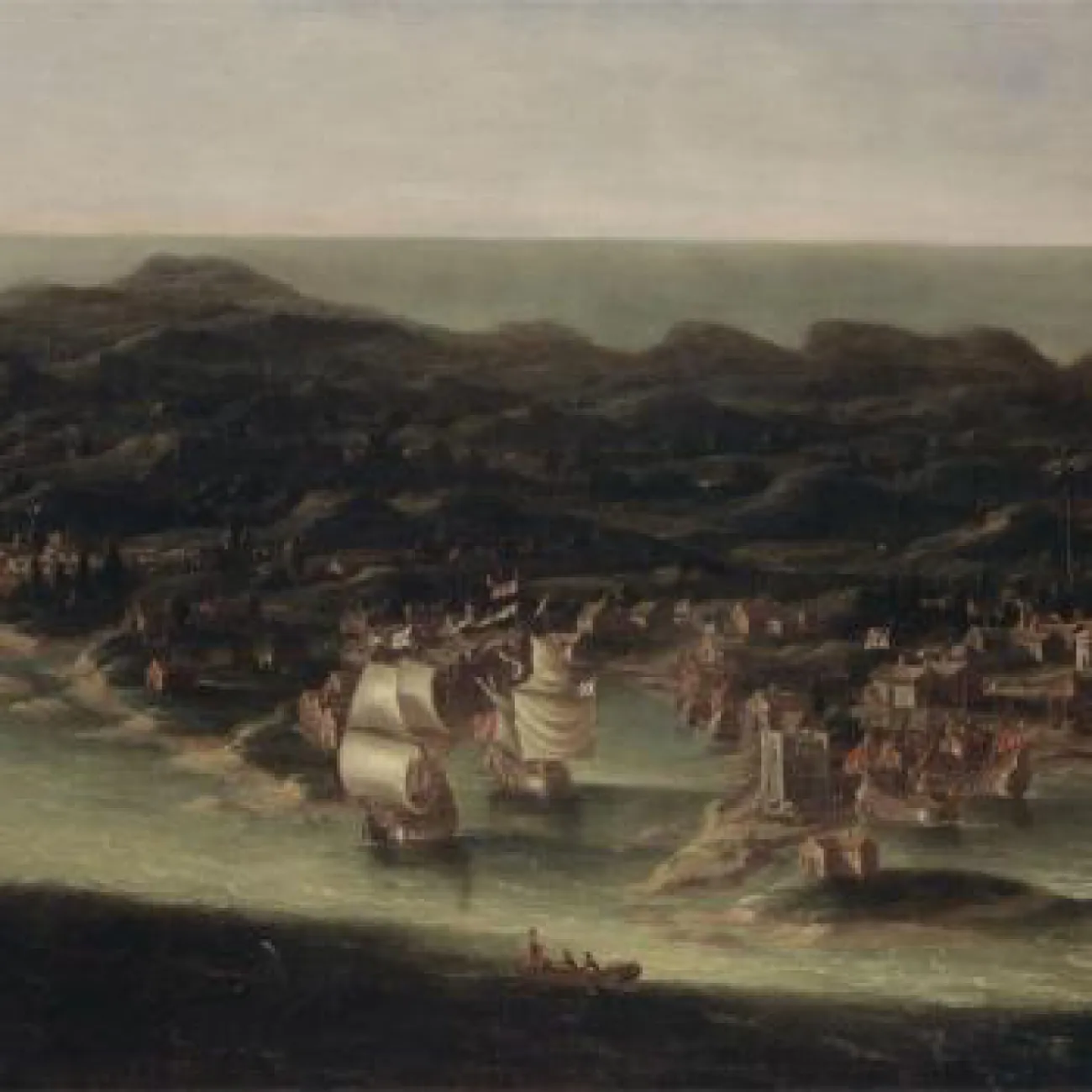Project overview
This three-year, AHRC-funded project charts the emergence of England (later Britain) as a global power. By undertaking a systematic investigation of records relating to maritime commercial activity over two centuries, the project sheds new light on the development of merchant shipping, maritime communities, and networks of trade during this crucial period of proto-globalization.
Traditional narratives of Britain’s maritime history often focus on notable events, prominent organizations, or well-known personalities. From Francis Drake’s circumnavigation of the globe and the defeat of the Spanish Armada at the end of the sixteenth century, to the transatlantic slave trade and the rise of the East India Company in the seventeenth and eighteenth centuries, the actions and activities of specific individuals and institutions has dominated the scholarship. In contrast, this research project focuses on the maritime and coastal communities that helped to spearhead the country’s transition from a relatively insignificant polity on the edge of Europe to a maritime superpower with global reach and ambitions. Using a combination of Digital Humanities technologies and prosopographical approaches, the project has three interlocking research streams – ships, seafarers, and trade.
Our research aims to redefine our understanding of the socio-cultural world of England’s early modern maritime communities, to create lasting and interactive digital resources, and to map the development of the country’s seaborne trade routes and emerging global presence over the course of two tumultuous centuries.
Traditional narratives of Britain’s maritime history often focus on notable events, prominent organizations, or well-known personalities. From Francis Drake’s circumnavigation of the globe and the defeat of the Spanish Armada at the end of the sixteenth century, to the transatlantic slave trade and the rise of the East India Company in the seventeenth and eighteenth centuries, the actions and activities of specific individuals and institutions has dominated the scholarship. In contrast, this research project focuses on the maritime and coastal communities that helped to spearhead the country’s transition from a relatively insignificant polity on the edge of Europe to a maritime superpower with global reach and ambitions. Using a combination of Digital Humanities technologies and prosopographical approaches, the project has three interlocking research streams – ships, seafarers, and trade.
Our research aims to redefine our understanding of the socio-cultural world of England’s early modern maritime communities, to create lasting and interactive digital resources, and to map the development of the country’s seaborne trade routes and emerging global presence over the course of two tumultuous centuries.

Staff
Lead researchers
Other researchers
Collaborating research institutes, centres and groups
Research outputs
Craig Lambert, Gary Baker, Lucy Huggins & John Mcaleer,
2024, Southern History, 46, 58-72
Type: article

